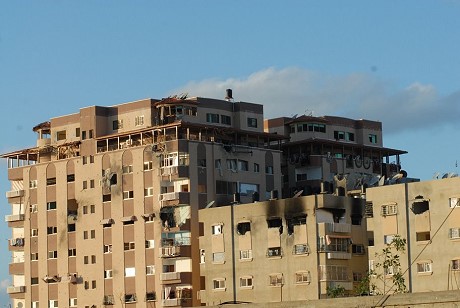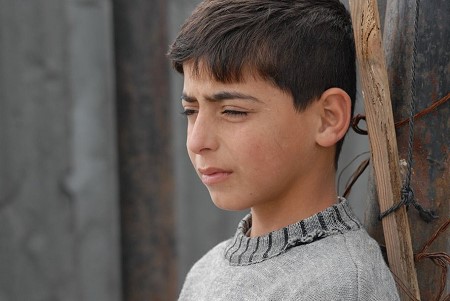Secretary-General says Gaza Humanitarian Assessment Mission to be dispatched, United Nations determined to embark without delay on recovery process
Source: United Nations Secretary-General
Date: 19 Jan 2009
SG/SM/12052
PAL/2110
Following are UN Secretary-General Ban Ki-moon’s remarks to the Conference on Reconstruction and Humanitarian Assistance in Gaza, in Sharm el-Sheikh, 18 January:
I wish to thank President [Hosni] Mubarak for hosting us at this important meeting, and for the crucial role he is playing to resolve the crisis in Gaza. And I thank President [Mahmoud] Abbas for his presence as the leader of the Palestinian people in this grave hour.
Even after the announcement of a ceasefire by Israel, the situation on the ground is still volatile and dangerous. Clashes, rockets and [Israel Defense Forces] actions have continued. For the sake of the people of Gaza, I urge in the strongest possible terms Hamas to stop firing rockets. As all of us had urged Israelis to stop its offensive, those who have influence on Hamas must press them now to stop rocket-firing.
I discussed the importance of this measure with President [Bashar al-]Assad earlier today in Damascus. I understand that Syria and Turkey’s efforts are bearing fruit, and I am encouraged by President [Abdullah] Gül’s remarks.
For its part, I urge Israel in the strongest possible terms to show utmost restraint and withdraw its troops from Gaza in the coming days.
I look to President Mubarak to continue his vital efforts to seek understandings and mechanisms to ensure that a durable and sustainable ceasefire is quickly put in place. And I look to the leaders assembled here, and to all Arab and international leaders, to come together to prevent further violence, help the people of Gaza in this hour of desperate need, and restore stability.
I also feel determination, shared by all United Nations staff members, to do all possible to ensure that immediate steps are taken to bring relief to the people of Gaza, and to embark without delay on the process of recovery, rebuilding and reconstruction.
I know full well that this will not replace the loss of loved ones, family, neighbours and colleagues. But it will be a step towards a better, safer and more hopeful future.
Hundreds of thousands of people need assistance now. I expect all parties to show restraint, and to fully facilitate urgent help by the United Nations to civilians. If fighting resumes, if crossings are closed, or if the UN is hit by further attacks, it is the people of Gaza who will suffer. This must not happen.
I will dispatch early this week a high-level humanitarian and early recovery assessment mission to Gaza. Within 10 days of this mission, I will launch a flash humanitarian appeal. And within three weeks, I will be able to present an assessment report on early recovery and essential repairs. I urge major donor countries to take part and contribute generously.
This can be presented at the envisaged conference in Cairo, and feed into the work of the Ad Hoc Liaison Committee thereafter.
Already, I have directed UN staff to begin the assessment process based on available information from within Gaza itself and work with all UN agencies and other partners in this effort.
We need to cater for the more than 5,000 sick and wounded in Gaza, provide urgent food assistance, remove rubble, unexploded ordnance and possibly landmines, provide shelter of Gazans whose homes have been destroyed, and critically increase electricity supplies for households and for the water and sanitation system.
Electricity is a lifeline for the people of Gaza as is the provision of fuel and cash. The United Nations and its partners stand ready to provide assistance quickly. The more than 10,000 Palestinian national staff will be a backbone of these efforts.
I salute their courageous and tireless efforts over the past three weeks — they deserve our utmost respect.
I appeal to all parties to refrain from any resumption of hostilities, including against UN staff and premises, and to guarantee conditions for the safe, rapid and unimpeded delivery of aid.
As the UN shoulders its full responsibilities in Gaza for humanitarian assistance, early recovery and reconstruction, I intend to consult closely with key partners: with Egypt and Arab countries, with Norway as the Chair of the Ad Hoc Liaison Committee, with Turkey, and with European, Russian and United States leaders as members of the Quartet — including the new Administration of President [Barack] Obama.
We need to bring together these collective efforts in one common endeavour to support a sustainable ceasefire.
We all know that relief and reconstruction are an immediate priority, but more is needed. Indeed, we have rebuilt Gaza before.
The key challenge before the leaders gathered here today is to do all possible to make sure that this tragedy does not occur again.
We also need a functioning system for all the crossings in and out of Gaza, a system that will immediately allow full access for humanitarian goods and personnel.
The framework for the crossings must also ensure that we return, sooner rather than later, to the conditions reached in the Agreement on Movement and Access. Palestinians must not subsist on relief.
For such a framework to succeed, the Palestinians themselves must face the challenge of reconciliation, and work to achieve a unified Government under the leadership of President Abbas within the framework of the legitimate Palestinian Authority. I call on all Arab leaders to unite and support this endeavour. We cannot rebuild Gaza without Palestinian unity.
A true end to violence, and lasting security for both Palestinians and Israelis, will only come through a just and comprehensive settlement to the long-festering Arab-Israeli conflict.
The violence and suffering is a mark of political failure. The efforts of the past have not proved sufficient to address the underlying conflict.
The occupation that began in 1967 must end. There must be an end to conflict between Israel and the Palestinians. This effort must have at its centre the implementation of Security Council resolutions and the framework of the Arab Peace Initiative.
The parties must return to negotiations. But more than that; there must be a massive and unprecedented effort of the community to support this process, and insist, finally, that it succeeds.
FIELD UPDATE ON GAZA FROM THE HUMANITARIAN COORDINATOR
19 January 2009, 1700 hours
The ceasefire, declared unilaterally by Israel on 18 January, and later the same day by Hamas and other Palestinian factions, appears to have been holding so far. The Israeli army began a withdrawal from the Gaza Strip on the evening of 18 January, although ground troops remain in certain areas. The coastal road has reopened and movement is possible between the northern and southern parts of the territory for the irst time since the start of the ground offensive on 3 January.
The cease-ire follows twenty-three days of bombardment by land, sea and air which have left over 1,300
Palestinians dead and a large number of people severely injured. Extensive damage has been caused to homes and public infrastructure throughout the Gaza Strip. Supplies of basic foodstuffs and fuel, and the provision of medical, water and sanitation services remain critical. Needs and damage assessments are now a priority, as is the recovery of bodies that have been inaccessible due to hostilities. At this stage, the initial response will focus on the re-establishment of basic services to the population of Gaza, including water, health, food, cash assistance, school and psychosocial support. This will include addressing safety of movement (e.g. marking and removing unexploded ordinance), removing rubble and repairing priority infrastructure, in addition to securing access to primary education and health services.
PROTECTION OF CIvILIANS
The cease-ire has allowed rescue services to recover some of the dead from under the rubble. By midday 18 January, ICRC and Palestinian Red Crescent Society teams had retrieved approximately 100 bodies, and an additional 14 bodies were recovered on 19 January. One Palestinian farmer was killed on the morning of 18 January in Khuza’a east of Khan Yunis following the Israeli-declared cease-ire. Palestinian Ministry of Health (MoH) igures as of 1600 hours 19 January are 1,314 Palestinians dead, of whom 412 are children and 110 are women. This igure will likely increase as rescue workers retrieve more bodies. No new injuries have been reported today: the number stands at 5,300, of whom 1,855 are children and 795 are women. It is still not possible to determine the number of Palestinian male civilian casualties.
Nine Israeli soldiers have been killed since 27 December. According to the Magen David Adom national society, four Israelis have been killed, four critically injured, 11 moderately injured and 167 lightly injured since 27 December. OCHA’s casualty igures do not include the number of Palestinians or Israelis treated for shock.
SHELTER
There are reports of widespread destruction of houses, infrastructure, roads, greenhouses, cemeteries, mosques and schools in the Az Zaitoun, Tufah, Sha’af, Jabalia, Tal Al Hawwa, Beit Hanoun and Beit Lahia areas in the northern Gaza Strip. According to the ICRC, “a number of areas, including parts of Beit Lahia, looked like the aftermath of a strong earthquake”, while Al Mezan Centre ield workers report that “entire urban blocks have disappeared” in North Gaza and eastern suburbs of Gaza City. Construction materials must be allowed into Gaza without delay in order to allow repair and reconstruction. Since June 2007, construction materials have not been permitted entry into Gaza, adversely affecting UN projects, in particular UNRWA and UNDP which were forced to suspend more than $100 million in construction projects due to lack of materials.
Those displaced have started returning home. As of the evening of 18 January, 4,662 displaced persons had
left the emergency shelters. However, 46,234 Palestinians remain in the UNRWA shelters throughout the Gaza Strip.
CARE International provided 7,500 blankets on 18 January, and another 6,570 blankets on 19 January, to cover the shortage of blankets in UNRWA shelters. UNRWA reports remaining shortages of tinned meat, over 22,000 mattresses, and 23,000 blankets and hygiene kits for shelters.
The second semester for 200,000 children in UNRWA schools was scheduled to begin on 17 January.
Following the cease-ire, a priority is to resume schooling and to free up the 44 schools that are being used
as emergency shelters.
HEALTH
Primary health care is resuming following the cease-ire, except in those clinics that have been destroyed. Antenatal care resumed on 18 January with 70 percent attendance. On 19 January, the MoH started distribution of vaccines to its 34 primary health care clinics that provide vaccination services. Hospitals and
intensive care units remain overwhelmed due to the number of war injured who still require treatment. WHO reports that 21 medical facilities have been damaged since 27 December. The Al Quds PRCS Hospital and Al Fata Hospital, both of which were damaged by shelling on 15 January, remained closed on 18 January. Repairs to the hospitals are on-going.
WHO warns of the risk of an outbreak of epidemic disease due to unrecovered bodies, many now severely decomposed, and due to the sewage lowing in Beit Hanoun and Beit Lahia. Handicap International estimates that up to 50 percent of people injured during the latest Israeli military operation have sustained severe injuries such as fractures, amputations, burns and head injuries that will require rehabilitation in order to prevent permanent disability. Others face a signiicant risk of becoming permanently disabled due to secondary complications such as infected wounds, contractures or secondary amputations. Handicap International warns that, “Early rehabilitation, along with speciic prevention information, mobility devices, and basic health care such as appropriate and timely wound dressings, is essential to prevent most of these complications. Post-injury rehabilitation is critical in order to prevent these war-wounded persons from becoming disabled.”
Altogether, over 120 foreign doctors are believed to have entered Gaza since 27 December to provide assistance. The Director of Hospital Services in Gaza has stated that no more medical personnel are needed at the present time.
WATER AND SANITATION / ELECTRICITY
Since 18 January, CMWU and GEDCO technical teams are working to assess and repair damage to the electricity, water and wastewater networks.
An initial assessment in northern Gaza has revealed that at least 22 local transformers were damaged in North Gaza, as were six kilometers of copper cable coming from Israel. The Gaza Power Plant is still only partially functioning due to local damage in power lines and the shortage of industrial fuel.
FUEL
On 17 January, UNRWA delivered 58,500 litres of diesel to municipalities for solid waste disposal and 3,200 litres to UNRWA health centres throughout Gaza. On 18 January, UNRWA transported a generator to Nahal Oz to allow pumps to resume operations and delivered 90,000 litres of industrial fuel to the power plant. Cooking gas was last allowed into the Gaza Strip on 8 January, while diesel last entered the territory on 7 January.
FOOD
While access to shops has improved in most areas due to the partial withdrawal of Israeli troops, the Gaza
population continues to face dificulties accessing food due to the shortage of food items on the market, the increase in prices and the lack of banknotes. On 18 January, UNRWA distributed food parcels to 2,272 families. Since 27 December, WFP has succeeded in reaching 143,880 regular beneiciaries, or 54.2 percent of its regular caseload, with 1,680 Mt of food (52 percent in Khan Yunis, 43 percent in Gaza and 5 percent in the Middle Area).
ACCESS WITHIN THE GAZA STRIP
On 18 January, Israeli presence at Netzarim was withdrawn, clearing the coastal road and allowing regular movement between the northern and southern parts of Gaza.
CROSSINGS
The Kerem Shalom, Rafah and Karni crossings were open on 19 January. On 18 January, 97.5 truckloads, including 69.5 for aid agencies, entered Gaza via Kerem Shalom. Nearly 70,000 litres of industrial fuel also crossed into Gaza through Kerem Shalom. 90,000 litres of fuel were pumped into the Gaza illing point of the Nahal Oz pipeline. Thirty-eight truckloads were transferred into Gaza through the Karni conveyor belt. At Rafah crossing, eleven truckloads of medical supplies, 23 doctors and eleven ambulances were allowed entry to Gaza, while 28 medical cases were evacuated out of Gaza.
FUNDING
For the list of immediate funding needs, visit:
http://www.ochaopt.org/documents/ocha_opt_gaza_crisis_cap_funding_2009_english.pdf
PRIORITY NEEDS
Opening of crossings: The number of trucks allowed into the Gaza Strip needs to be increased, including
those for the private sector. Additional crossings must be opened urgently, including Karni for the provision
of bulk grain and Sufa for construction materials. Basic construction materials need to be allowed into the
Gaza Strip to allow repair of public infrastructure and of private homes.
Cash/liquidity: Cash has still not entered the Gaza Strip and is urgently needed to reactivate the private sector and prevent increasing dependence on aid. A system must be established that ensures the regular and predictable monthly transfer of the necessary cash. Without a functioning bank system in Gaza, recovery efforts will be vastly undermined.
Supply of fuel: Nahal Oz crossing must remain open as it is the only crossing which can facilitate the transfer
of suficient amounts of fuel to restart and maintain operations of the power plant, and restock other types
of fuel needed in the Strip.
Operational security for humanitarian agencies working in Gaza: Although open conlict has subsided, explosive
remnants of war is limiting access of humanitarian workers in certain areas. Security is key to ensure
eficient delivery of humanitarian assistance to the population.
UN chief to visit Gaza as Israeli troops quit
Source: Reuters Foundation
Date: 20 Jan 2009
* U.N.’s Ban to become top figure to see war-ravaged Gaza
* Israeli troops expected to quit Gaza before Obama sworn in
* Repair bill estimated at $1.9 billion
By Nidal al-Mughrabi and Douglas Hamilton
GAZA, Jan 20 (Reuters) – U.N. Secretary-General Ban Ki-moon planned to visit Gaza on Tuesday, and Israeli political sources said Israel would complete its troop pullout before Barack Obama was sworn in as U.S. president later in the day.
Israel was widely seen by analysts to be anxious to avoid any tensions with the incoming leader of the United States, its closest ally.
Ban will be the highest-ranking international figure to visit the Gaza Strip since 22 days of fighting ended on Sunday with separately declared ceasefires by Israel and the Islamist Hamas group which rules the Palestinian territory.
The U.N. Secretary-General, on a Middle East peacemaking mission, would also visit southern Israel, target of Hamas rocket attacks, said Israeli officials.
World leaders were keen to cement a truce and avoid any more bloodshed in Gaza where more than 1,300 Palestinians were killed in Israel’s air and ground strikes launched on Dec. 27.
Gaza’s infrastructure was left in ruins and the repair bill was estimated to be about $1.9 billion.
Hamas said 5,000 homes, 16 government buildings and 20 mosques were destroyed and that 20,000 houses were damaged. Israel has said militants hid weapons inside the mosques.
Palestinian militant groups said 112 of their fighters and 180 Hamas policemen were killed. Israel put its dead at 10 soldiers and said three civilians were killed in rocket attacks.
European Commissioner for Development and Humanitarian Aid, Louis Michel, is to travel to Gaza and Israel later this week on a two-day humanitarian mission amid the current ceasefires.
Commissioner Michel announced his upcoming visit on Sunday 25th and Monday 26th January 2009 following his meeting this Monday with Israel’s Minister of the Interior Meir Sheetrit. Commissioner Michel described the meeting as an opportunity for a positive exchange of views between himself and Minister Sheetrit.
Welcoming the ceasefires currently in place, Commissioner Michel stated, “Getting the humanitarian aid through to the people that need it most remains the top priority. My humanitarian mission will allow me to see for myself the suffering of the civilian populations in both Gaza and southern Israel. The meeting with Minister Sheetrit was very constructive in which there was a recognition that increased humanitarian access and delivery was needed urgently. In this respect, the setting up of fast-track procedures for humanitarian access and delivery should be considered a priority. I also hope my visit to the region can underscore the importance the European Commission gives to meeting the humanitarian needs of the civilian populations there.”
In 2008, the European Commission provided more than €73 million in humanitarian assistance for victims of the ongoing crisis in the Palestinian Territories – of which 56% was for relief activities in the Gaza Strip. 10.4 million euros of humanitarian aid has been earmarked for food, emergency shelter repairs and further medical support since just ahead of the outbreak of the recent conflict.
Spot the garish hypocrisy in Shimon Peres’ address to Barack Obama for his Inauguration:
President Peres’s Statement on the Inauguration of Barack Obama
Posted on 01-20 at 03:41:02 CET
“Obama Was Elected by the United States, but He Was Chosen by the Whole of Humankind”
President Shimon Peres made a special statement this morning on the inauguration of Barack Obama as President of the United States, which is to take place in Washington today. The statement is available on video from AP and Reuters, and its text is below:
“Today is a great day not only for the United States of America, but for the entire world. Obama was elected by the United States, but as a matter of fact, he was chosen by the whole of humankind. His is the correction of one of the greatest mistakes in the annals of history. What made history ugly, unmistakably, was basically slavery, and there were two sorts of slavery: men upon women, and white upon black. In the 20th century, there was a liberation of women. In the 21st century, there is a liberation of the other kind of ugly slavery, of one color upon another color because of the difference in color. This is a profound historic and ethical change. And it so happens that nobody did a favor for Obama. He won it because of his personality, because of his philosophy, and because of the hope he offers to all of us.
I pray here in Jerusalem that Barack Obama will be a great President of the United States. If he will be a great President of the United States, he will serve all humankind, all nations and all persons. Because to be a great American President today means to struggle for peace, to fight terror, to correct the environment, and to offer the young generation a better future. It is a great day for the United States because his most unusual hope and election, only ten years ago, would have been unimaginable. From now on, all of us have the right to be different and equal, to be equally different. We don’t have to apologize, and we don’t have to divide humanity between inferior and superior.
I am sure that Israel will be a good partner to President Obama. They say Obama will be a good President to Israel, and I say Israel will be a good country for the President, because his goals are our goals, his hopes are our hopes, his source is our source. All of us are coming from the same depth of Biblical convictions, with a permanent respect for the Ten Commandments. I want on behalf of the people of Israel, actually of all of the Jewish people, to tell the President, ‘God bless you.’ Your success will be our success. Your hope will become a reality. We should continue to dream to make the world move ahead further, better, and peacefully.”
In response to a question about why Obama in particular may have more success in resolving the Arab-Israeli conflict than some of his Presidential predecessors, President Peres added:
Obama has mobilized the greatest amount of goodwill and support in all walks of life. This mobilization of goodwill is becoming a strength in its own right. And I think that all of us expect to translate this occasion into a real opportunity to pacify, to meet through a dialogue, and bring a solution of peace to all parties concerned.
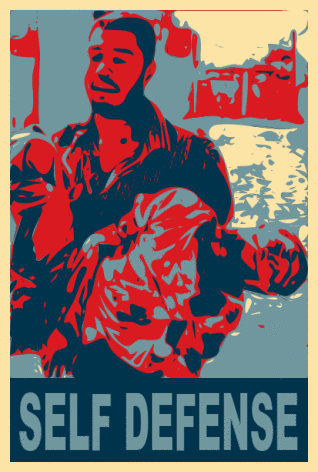
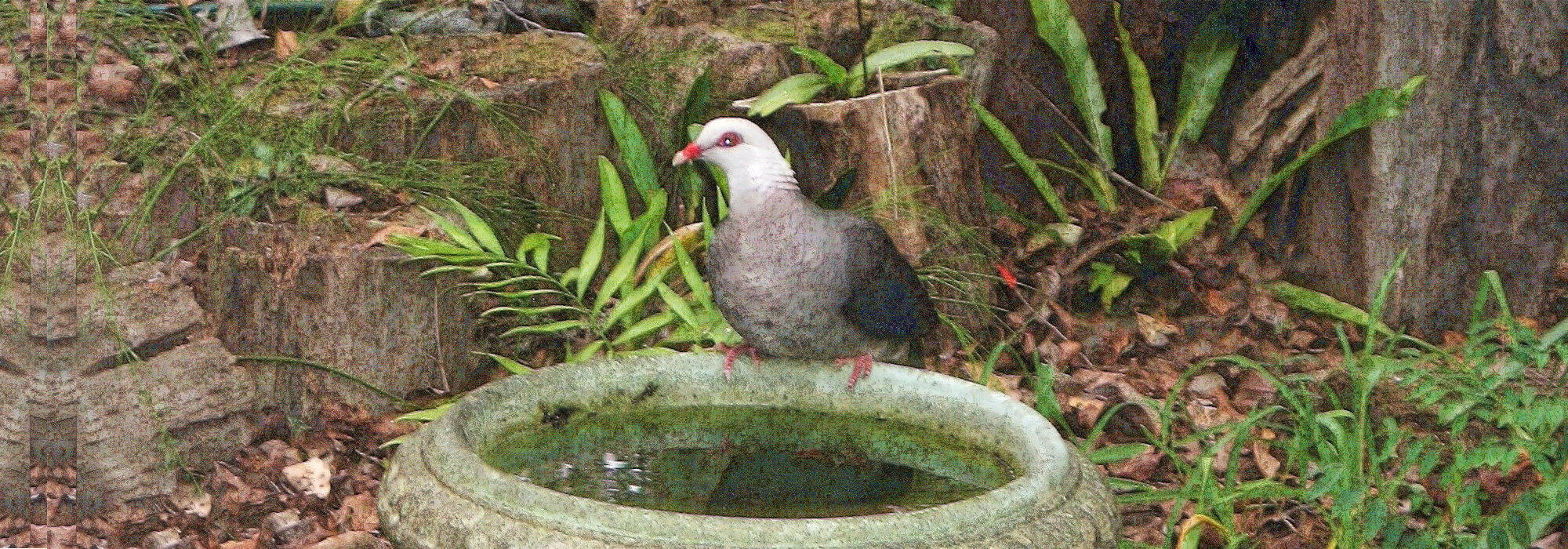
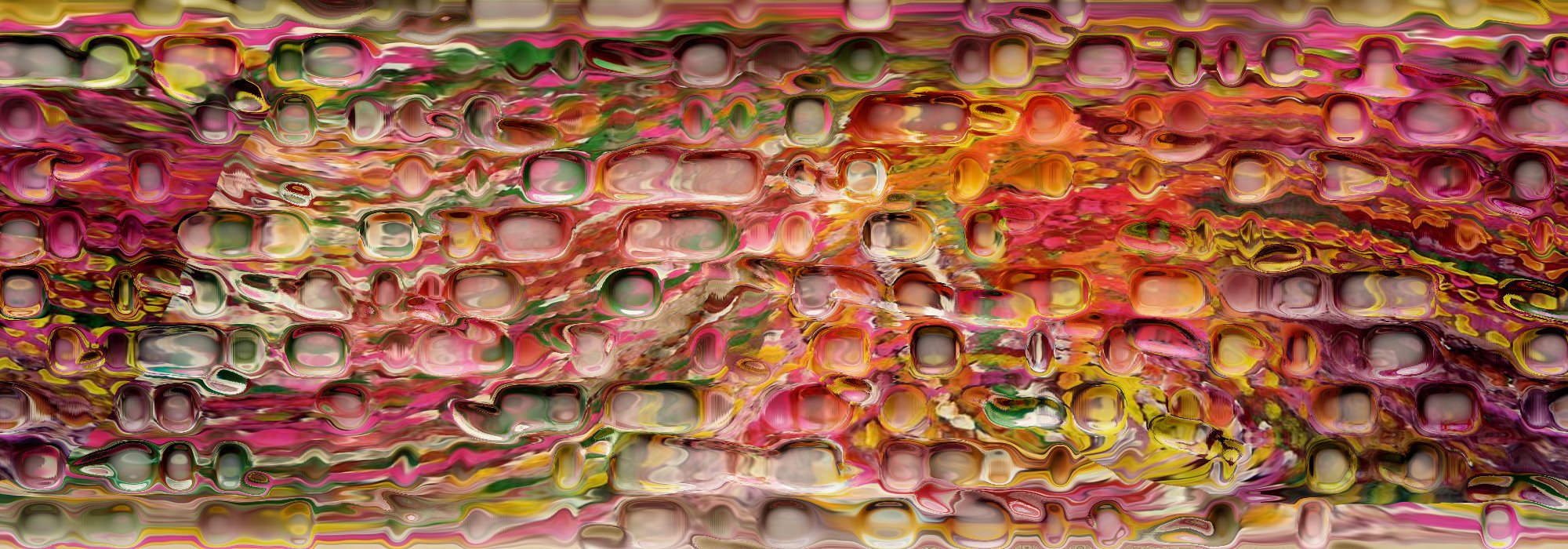
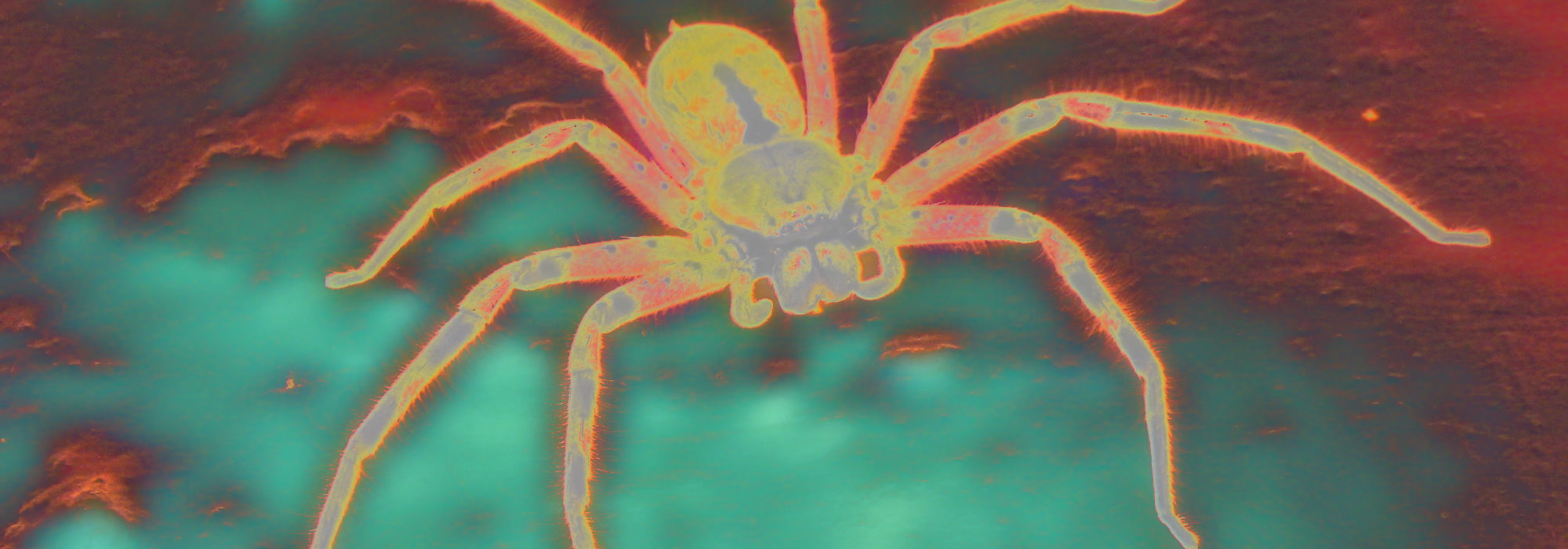

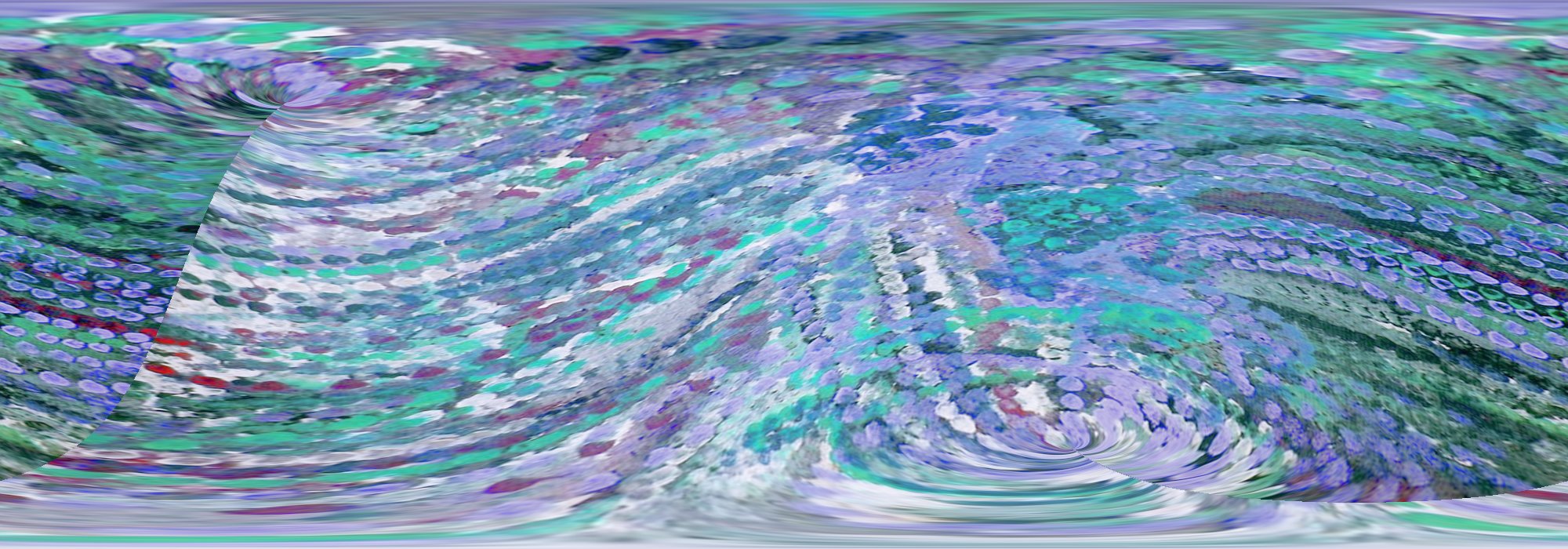
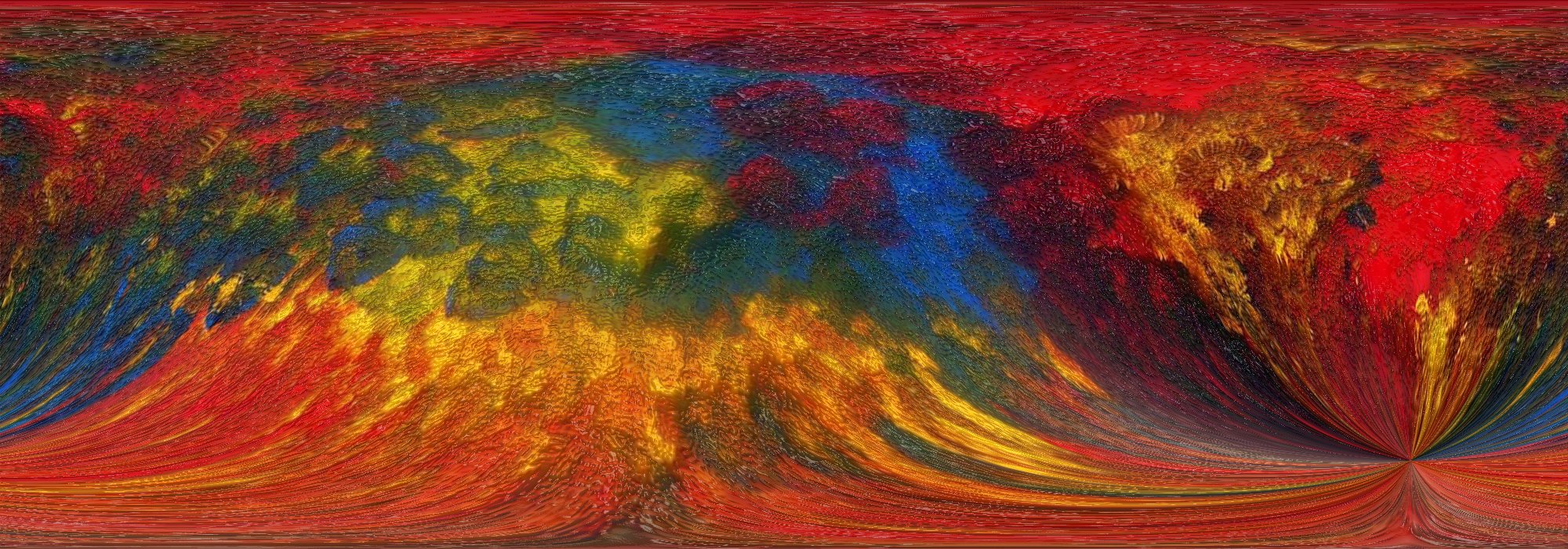
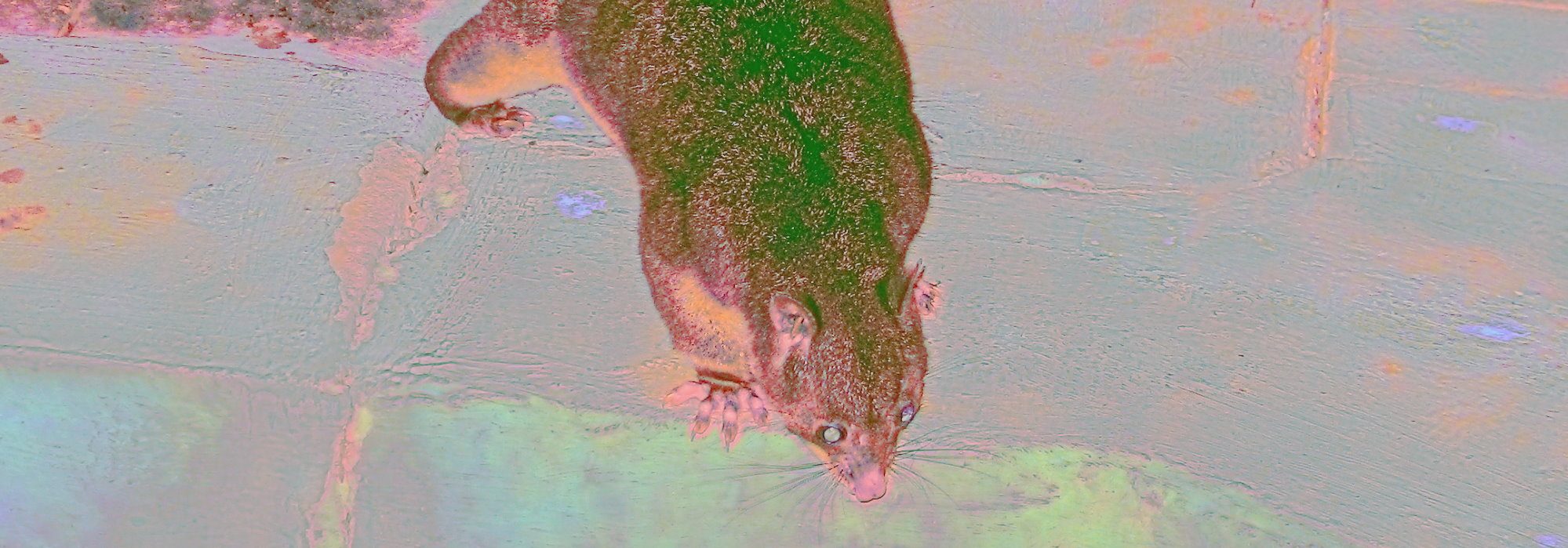




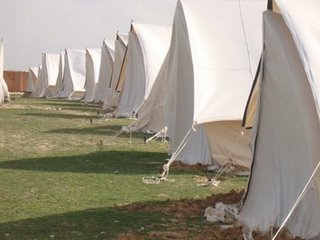 The white tents with no markings are being erected by the Egyptian Army, starting last night, Fri 16 Jan 09. The photo was taken this morning [Sat 17 January 09]. The soldiers stated that 5,000 tents were planned for refugees from Gaza.
The white tents with no markings are being erected by the Egyptian Army, starting last night, Fri 16 Jan 09. The photo was taken this morning [Sat 17 January 09]. The soldiers stated that 5,000 tents were planned for refugees from Gaza.